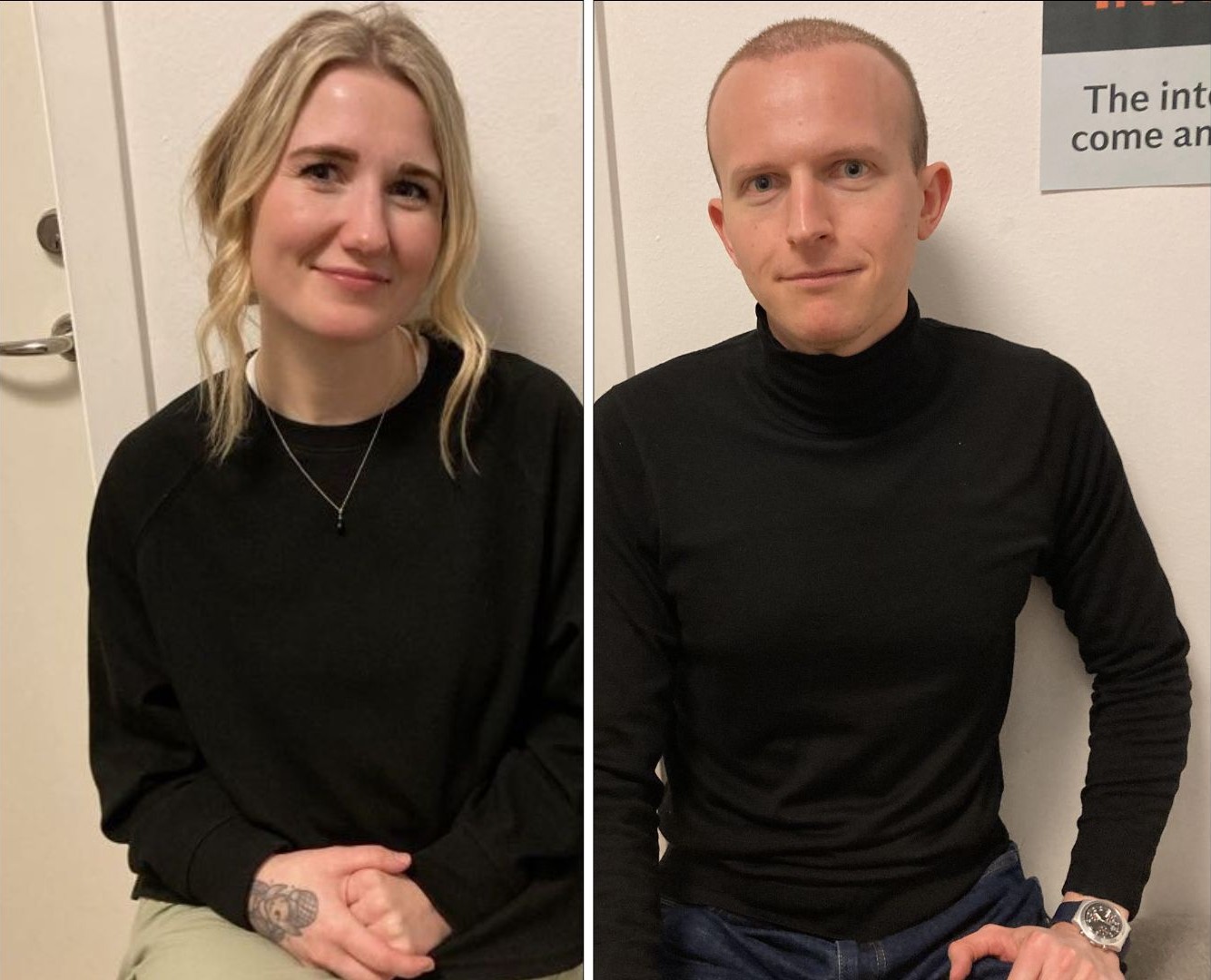Uganda is in danger of losing critical Danish development aid as a notorious anti-gay bill returns to its parliamentary agenda.
The development minister, Christian Friis Bach (Radikale), has come under intense fire for his perceived lenient stance to the discrimination and intolerance being promoted by Ugandan officials. Bach told Politiken newspaper that financial threats are ineffectual and outdated and that the best course of action is to maintain a presence in Uganda.
“The proposed law is simply unacceptable and we must do what we can to ensure it fails to pass. The best way to handle this situation is not to threaten to leave, but rather to threaten to stay”, he said.
Denmark's financial support is of vital importance to Uganda. Between 2010 and 2011, Denmark was the third largest donor to the country.
The anti-gay bill, also ominously referred to as the 'Kill the gays' bill, was first introduced in Uganda in late 2009. The bill would make homosexuality a crime punishable by death. Threats of financial repercussions and sanctions helped to quell the bill then, but it has now popped back up on the Ugandan political agenda.
Søren Pind (Venstre), the former minister of development, was adamant that the Danish position must be clear and uncompromising.
“I informed Uganda last year that consequences would be severe if that bill passed," he told Politiken. "There must be a clear outcome here. We simply cannot operate in a place where it is legal to kill homosexuals simply because they are homosexuals.”
The controversy surrounding the bill follows in the wake of violence against several prominent activists in Uganda. Last year, David Kato, a leading gay-rights activist, was murdered in Kampala and tensions have once again forced gay advocates, such as award-winning activist Kasha Jacqueline Nabagesera, to flee to neighbouring Kenya.
The persecuted homosexual communities in Uganda already face stiff fines and lengthy jail sentences. Although discrimination against homosexuals is a massive issue in Uganda, local campaigners, such as Frank Mugisha from Sexual Minorities Uganda, maintain that it is important that Danish aid to the embattled nation should not be cut.
“I don’t support slashing the support to Uganda due to discrimination of homosexuals," he told Politiken. "We need it. Give us the aid but ask Uganda to work on their human rights efforts.”
The Danish gay community also voiced support for continuing the aid to Uganda, saying that cutting aid could just add fuel to an already dire situation.
”I am not a supporter of threats to leave, because this is a double-edged sword," Richardt Heers from the Danish Association of LGBT explained to Politiken. "The missing aid could easily have consequences for the poor, agricultural groups or the handicapped. As a result, the homosexuals in Uganda could be blamed and face further prejudice”
In a country where the national media has published a list containing the names and addresses of supposed homosexuals, along with an appeal to arrest them, it is clear that an escalation to outright violence is far from unrealistic. The former minister of foreign affairs, Per Stig Møller (Konservative), said that something must be done.
“It must be made clear that the aid will be under threat," he said. "It has to sting, or else it will have no effect.”
Bach has agreed that potential ramifications must be severe, and that involving the EU will assist in applying further pressure to Ugandan officials, citing the Cotonou agreement, a partnership agreement between EU and developing countries.
“I believe that all the EU members will be on board so we can intensify the process," he told Politiken. "[The Cotonou Agreement] is a subject that will definitely be discussed. There must be consequences if that law is passed.”













